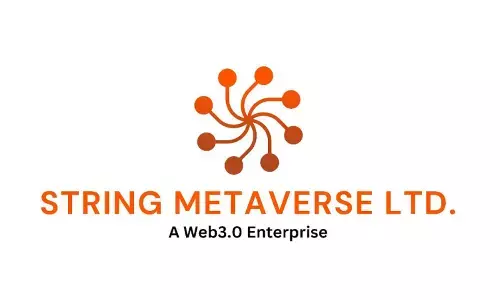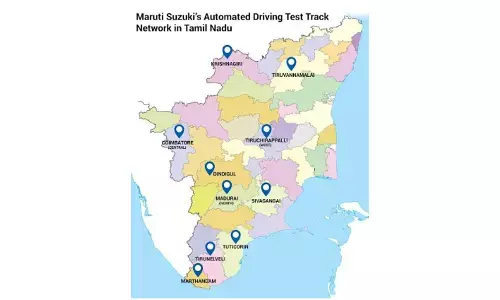The role of project-based learning in engineering curriculum

Engineering education has historically relied on conventional classroom lectures as its foundational teaching method. Yet, as industry requirements and technology progress, there’s an increasing demand for a learning approach that emphasizes practical experience. Project-based learning emerges as a transformative teaching method within engineering education, offering a solution that connects theoretical concepts with their practical, real-world uses.
Colleges are shifting from classroom education to project-based learning in engineering education for several reasons. Firstly, project-based learning better prepares students for the demands of the modern workforce by equipping them with practical skills and experience. Secondly, it promotes a deeper understanding of engineering concepts through hands-on application. Additionally, it fosters creativity and innovation by encouraging students to explore solutions to real-world problems. Project-based learning enhances student engagement and motivation, leading to better learning outcomes. Colleges recognize the value of project-based learning in nurturing well-rounded engineers who are ready to tackle the challenges of the future.
What is project-based learning in engineering education?
Project-based learning is an instructional methodology where students actively explore real-world problems and challenges, often working collaboratively in teams to design, prototype, and implement solutions. Unlike traditional lectures, Project based learning places emphasis on student-driven inquiry, critical thinking, and problem-solving skills. In engineering education, Project based learning often involves designing and building projects ranging from developing sustainable infrastructure to creating innovative technologies.
Why should students opt for colleges promoting project-based learning?
Practical Application: Project based learning provides students with opportunities to apply theoretical knowledge to practical scenarios, fostering a deeper understanding of engineering concepts.
Skill Development: Engaging in projects develops essential skills such as teamwork, communication, project management, and critical thinking, which are highly valued by employers.
Industry Readiness: By working on real-world projects, students gain invaluable experience that prepares them for the challenges of the professional engineering environment.
Innovation and Creativity: Project based learning encourages creativity and innovation by empowering students to explore unconventional solutions to complex problems.
Top Indian engineering colleges promoting project-based learning
Indian Institute of Technology (IIT) Bombay: Renowned for its emphasis on hands-on learning, IIT Bombay integrates project-based activities into its curriculum across various engineering disciplines.
Indian Institute of Technology (IIT) Delhi: With a strong focus on research and innovation, IIT Delhi encourages students to participate in interdisciplinary projects and competitions.
Birla Institute of Technology and Science (BITS) Pilani: BITS Pilani adopts a practice-oriented approach to education, offering numerous opportunities for students to engage in project-based learning through its various campus initiatives.
National Institute of Technology (NIT) Trichy: NIT Trichy emphasizes project-based learning as a core component of its engineering programs, enabling students to develop practical skills alongside theoretical knowledge.
Vellore Institute of Technology (VIT): VIT incorporates project-based learning into its curriculum through industry collaborations and research projects, allowing students to gain hands-on experience in cutting-edge technologies.
Advantages of Project-Based Education
Enhanced Retention: Active engagement in projects promotes better retention of knowledge compared to passive learning methods.
Real-World Relevance: Project based learning connects classroom learning to real-world applications, making education more meaningful and relevant to students’ future careers.
Critical Thinking: By tackling complex problems, students develop critical thinking skills and learn to approach challenges analytically.
Teamwork and Collaboration: Collaborating on projects teaches students how to work effectively in teams, an essential skill in the engineering
profession.
Preparation for the Future: Project-based learning equips students with the skills and mindset needed to adapt to the rapidly changing landscape of engineering and technology.
Project-based learning is a game-changer in engineering education, offering students a more immersive and practical learning experience.
By integrating Project based learning into their curriculum, colleges not only prepare students for successful careers but also foster innovation and creativity in the next generation of engineers.
As the demand for skilled professionals continues to grow, embracing project-based learning is essential for staying ahead in the ever-evolving field of engineering.
(The author is Vice President, KL Deemed to be University)











